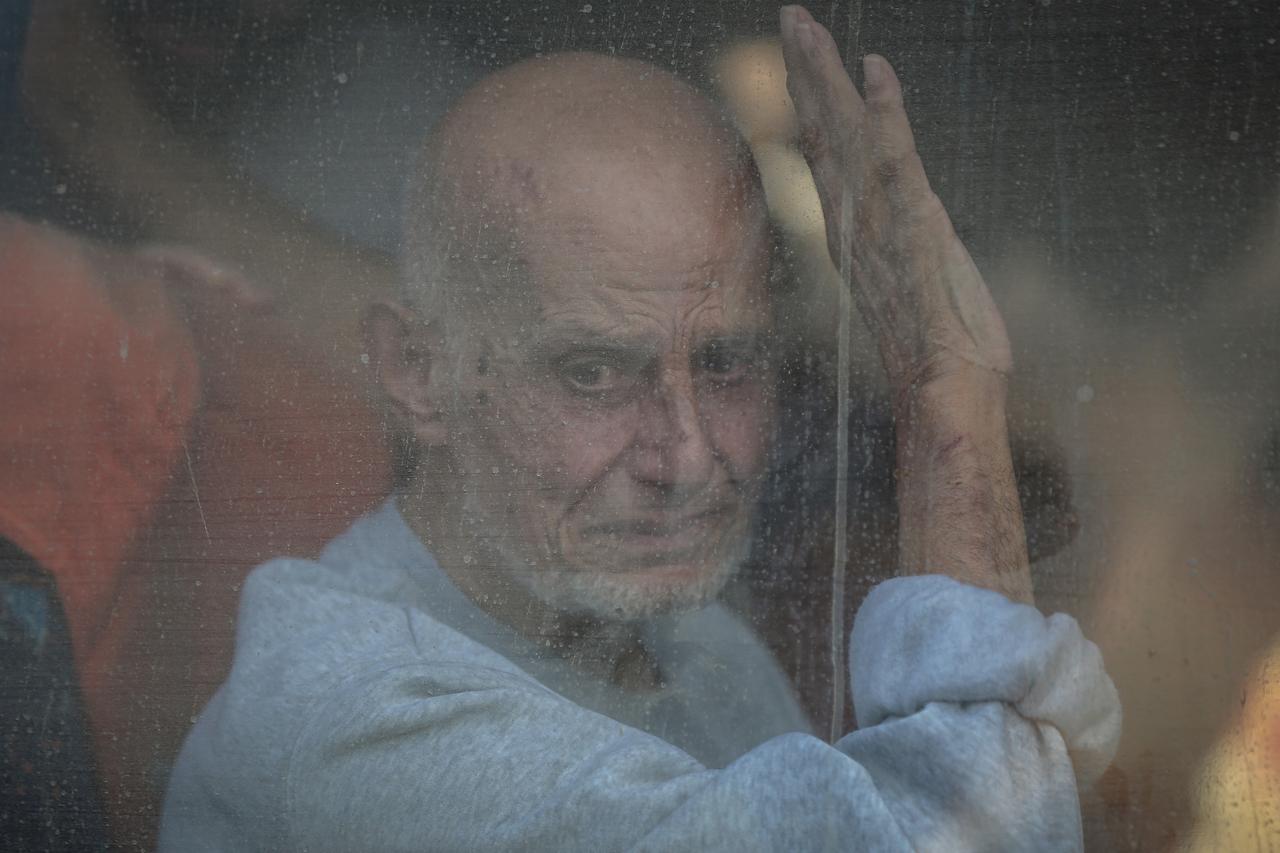
Several released detainees confirmed that they have endured torture and starvation in Israeli jails, following their release under the first phase of the cease-fire agreement.
Israel began on Monday releasing 250 Palestinian prisoners sentenced to life imprisonment, including 154 deported outside the occupied West Bank and Jerusalem.
It also released 1,718 others who were arrested from Gaza after Oct. 8, 2023. In return, Hamas released 20 living Israeli captives from Gaza.
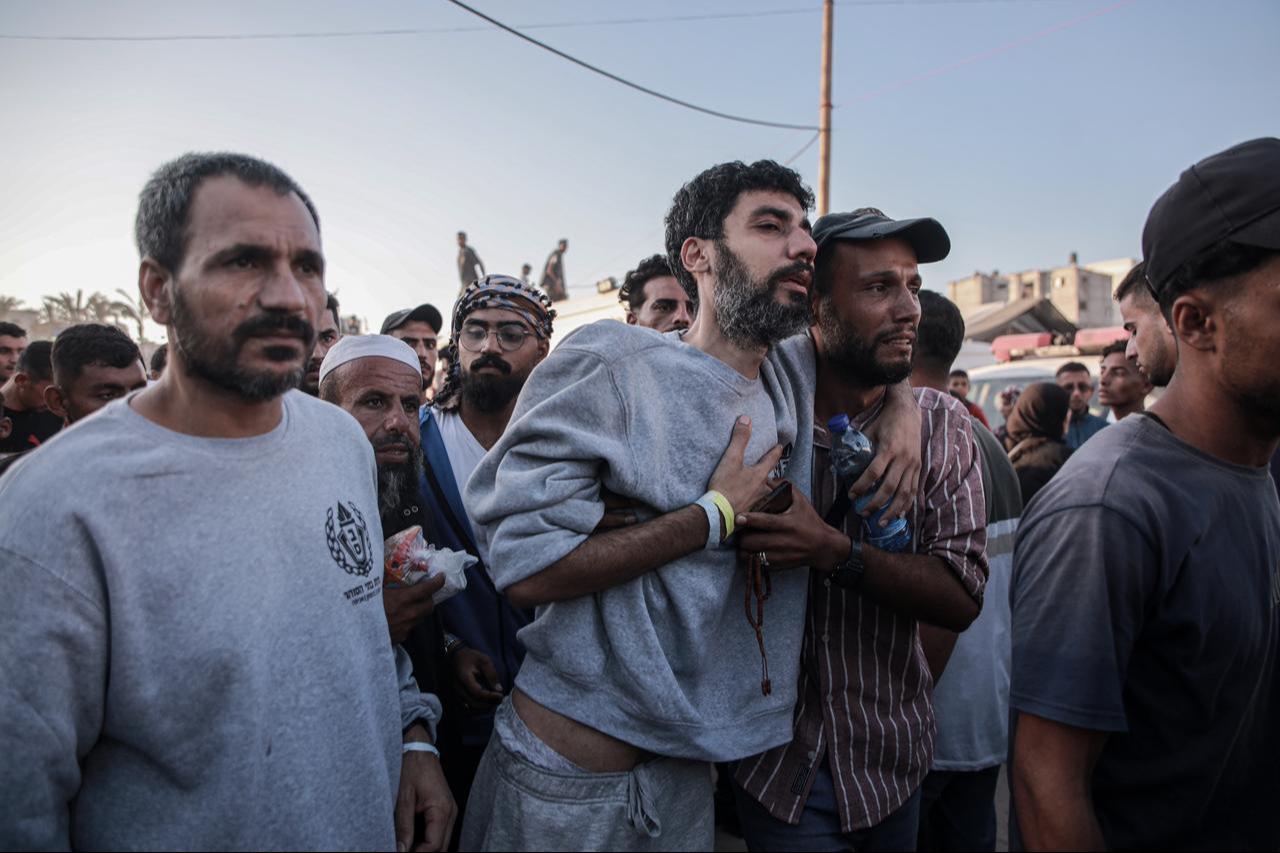
In interviews with Anadolu, Palestinian detainee Kamal Abu Shanab said Monday that Israeli authorities deliberately abused prisoners until the very last moment before their release.
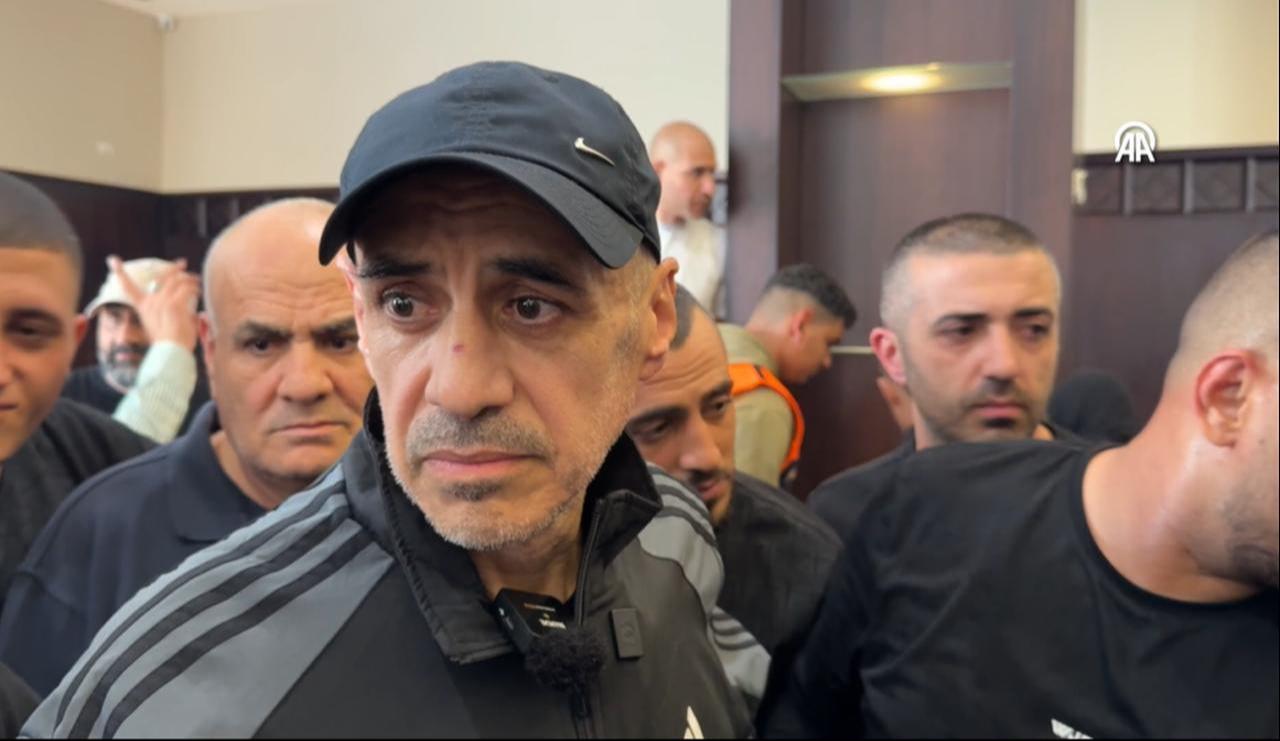
Abu Shanab, 58, was freed Monday as part of the first phase of a cease-fire agreement that began Friday under U.S. President Donald Trump’s plan.
A native of the occupied West Bank city of Tulkarm, Abu Shanab told Anadolu Agency that “the situation in prisons is extremely harsh — full of torment, humiliation, and fear.”
He stressed that “everything is bad for Palestinian prisoners; the conditions are indescribable,” referring to torture and mistreatment.
Pointing to marks left by shackles on his hands and feet, he said that the Israeli Prison Service left those set for release handcuffed and shackled on gravel for more than six hours.
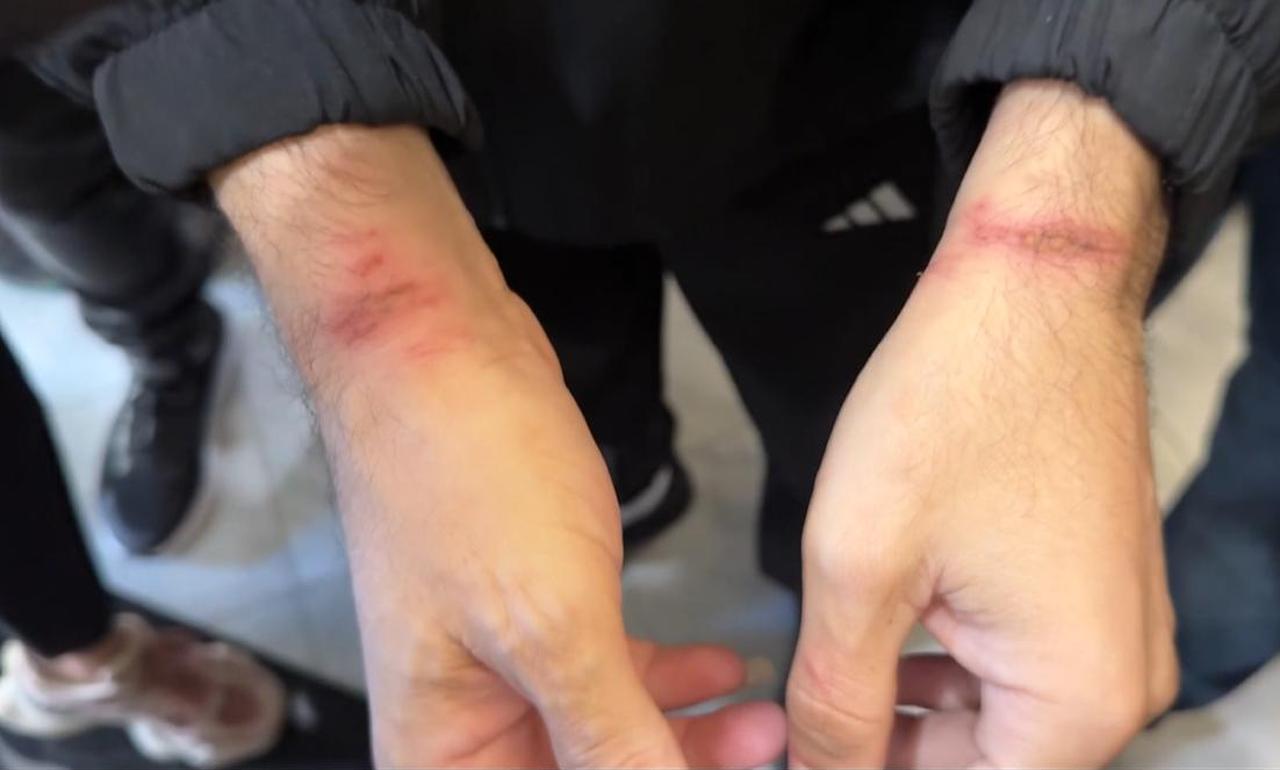
Abu Shanab spent 15 years behind bars, having been serving three life sentences.
“We heard soldiers asking each other how the prisoners could endure such conditions and what kind of strength they had,” he added.
He confirmed that “the prisoners were subjected to humiliation and suffering. They did everything possible to harm them.”
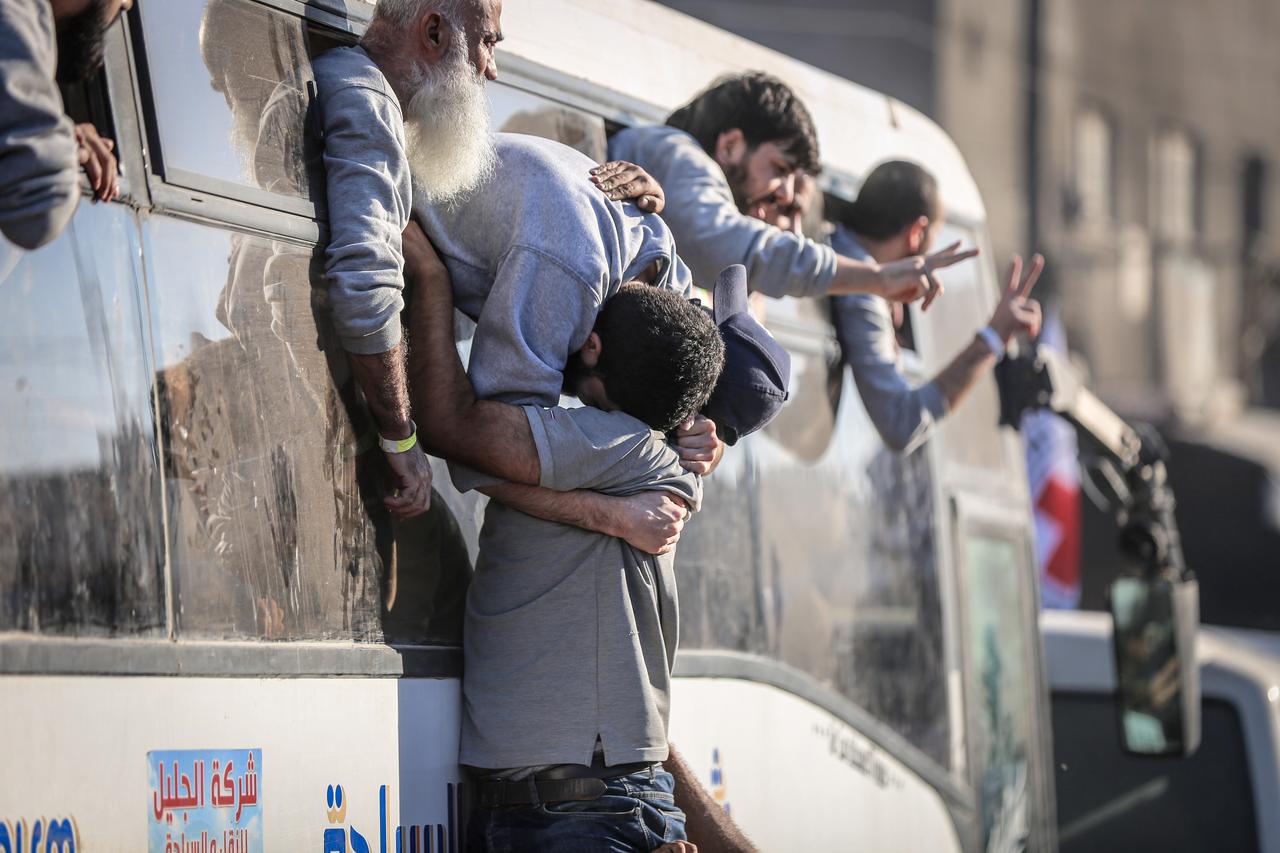
Palestinian detainee Hani, 21, described a torture facility known among prisoners as “the Disco,” calling it “a room beyond all laws.”
Arrested by a special unit, he said he spent 24 hours without food or water, enduring severe beatings.
“We were fifty prisoners with broken bones, sleeping on the floor without blankets, suffering from scabies and infections,” he said.
Hani added that they were beaten with iron pipes and rubber tools, forced to lie on their stomachs for hours, and left to treat their wounds with bits of wire and chlorine.
“Many died from torture — including my grandfather, who was 83,” he said.
Freed Palestinian detainee Sami Fatileh said Monday that the situation of prisoners in Israeli jails is “extremely difficult.”
Fatileh, who had been imprisoned since 2003 and sentenced to life, said about their release that they were kept shackled until the very last moments.
"The situation is extremely hard,” he added.
“We speak with great caution, as every word is recorded against us. The intelligence services threatened us with administrative detention over the smallest things,” Fatileh said.
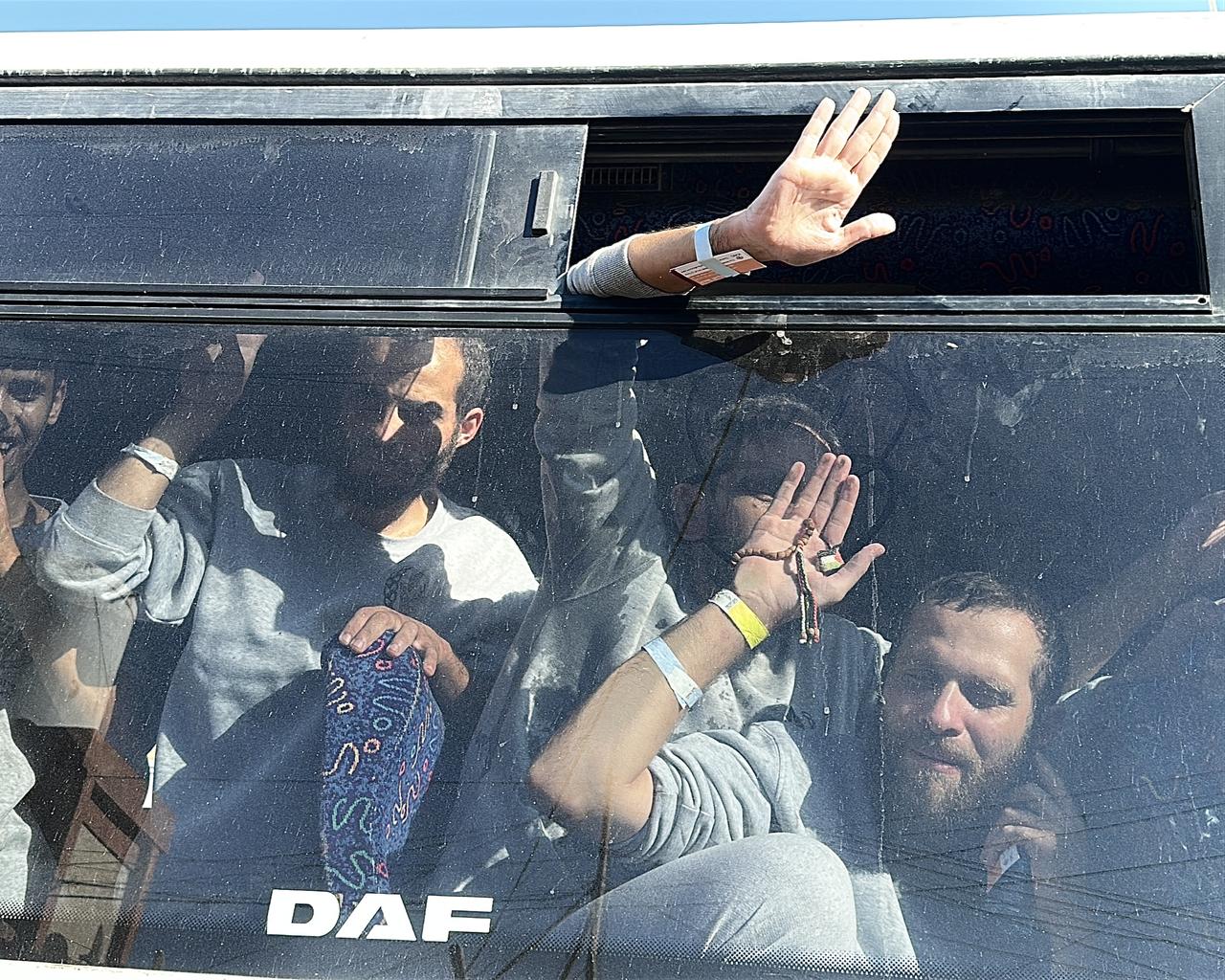
Over 10,000 Palestinian prisoners, including women and children, remain in Israeli custody, facing torture, starvation, and medical neglect, according to rights groups.Negotiations on the second phase of the deal are expected to begin in the coming days.
Backed by the United States, Israel has waged a genocidal campaign in Gaza since October 8, 2023, killing 67,869 Palestinians and injuring 170,105 others — mostly women and children — while famine has claimed 463 more lives, including 157 children.